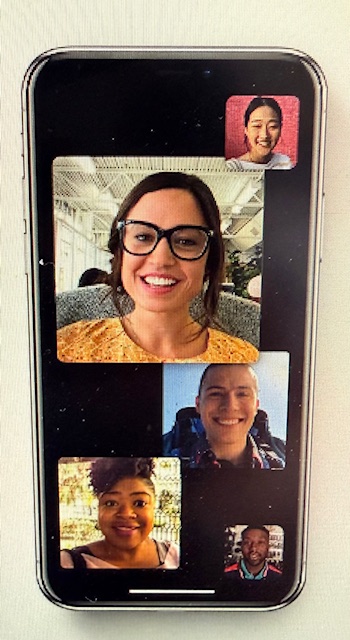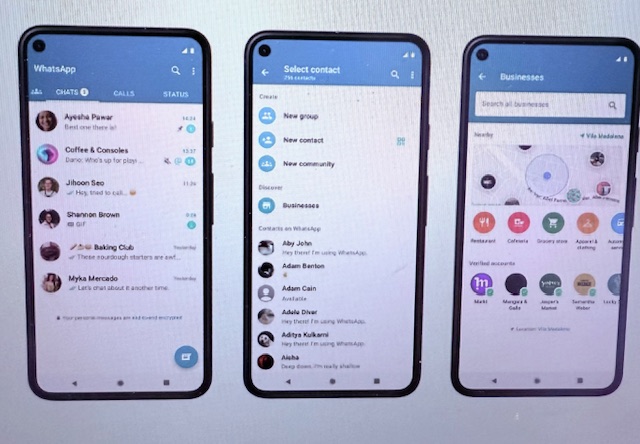Dialed In: A Guide to Saving Money While Staying Connected Abroad
Navigating phone service while studying abroad can be confusing for both students and parents (or so my mother tells me). Between international plans, local numbers, and managing data, it’s easy to feel overwhelmed. Thankfully, recent changes in phone plans, especially for Verizon customers, have made staying connected more affordable than ever.
Here’s a guide to help you save money and stay in touch while you’re abroad:
Some study abroad programs require students to have a local phone number, which means you’ll need to purchase an eSIM in your host city. However, not all programs have this requirement. In my case, I didn’t need a local number, so I kept my U.S. phone number active. This was, in my opinion, the best choice because it allowed me to continue to use my phone exactly as I always had. This was particularly useful because I was searching for an internship back home and needed my number to stay functional. Additionally, keeping my U.S. number made two-factor authentication for banking and other apps much easier.
If you are in need of an international phone plan, Verizon used to offer two primary options: The $10 per day TravelPass and the $100 per month international calling plan. However, there’s a newer option that’s much more cost-effective: the Ultimate Unlimited plan. This plan gives you unlimited calls and texts in over 210 countries, including all of Europe. Cost varies depending on how many lines are on your family’s account, but it only cost me $10 more per month as we have 3 lines in our household. This plan is a game-changer for frequent travelers and saves you from racking up those absurd charges.
The only limitation of the Ultimate Unlimited plan is its 10GB high-speed data cap per month. Once you hit this limit, your data slows down, but you can add more high-speed data for $10 or purchase an eSIM in your destination country. With dual eSIM capability on newer phones, you can easily run two numbers on the same device. For instance, you could have your U.S. number as the default for calls and texts, and a local eSIM for data. In general, service is much less expensive abroad. Popular providers like Movistar or Vodafone offer inexpensive options, and store employees can help you set it up. Regardless of what you choose, I recommend using Wi-Fi as much as possible and making do with slower speeds until your data resets.
When it comes to communication, FaceTime and WhatsApp are essential tools for communication while abroad. WhatsApp, in particular, is widely used across Europe—not just by friends, but also by businesses and schools. It offers free text messaging and calling, making it the go-to app for staying in touch with local friends and contacts. FaceTime is another reliable option for video and audio calls back home, especially over Wi-Fi.
By understanding your options and making small adjustments, you can stay connected and save money while you enjoy your semester abroad. Whether you stick with your U.S. number, explore local eSIM options, or rely on apps like WhatsApp or other messaging platforms, staying in touch has never been easier and more affordable.




